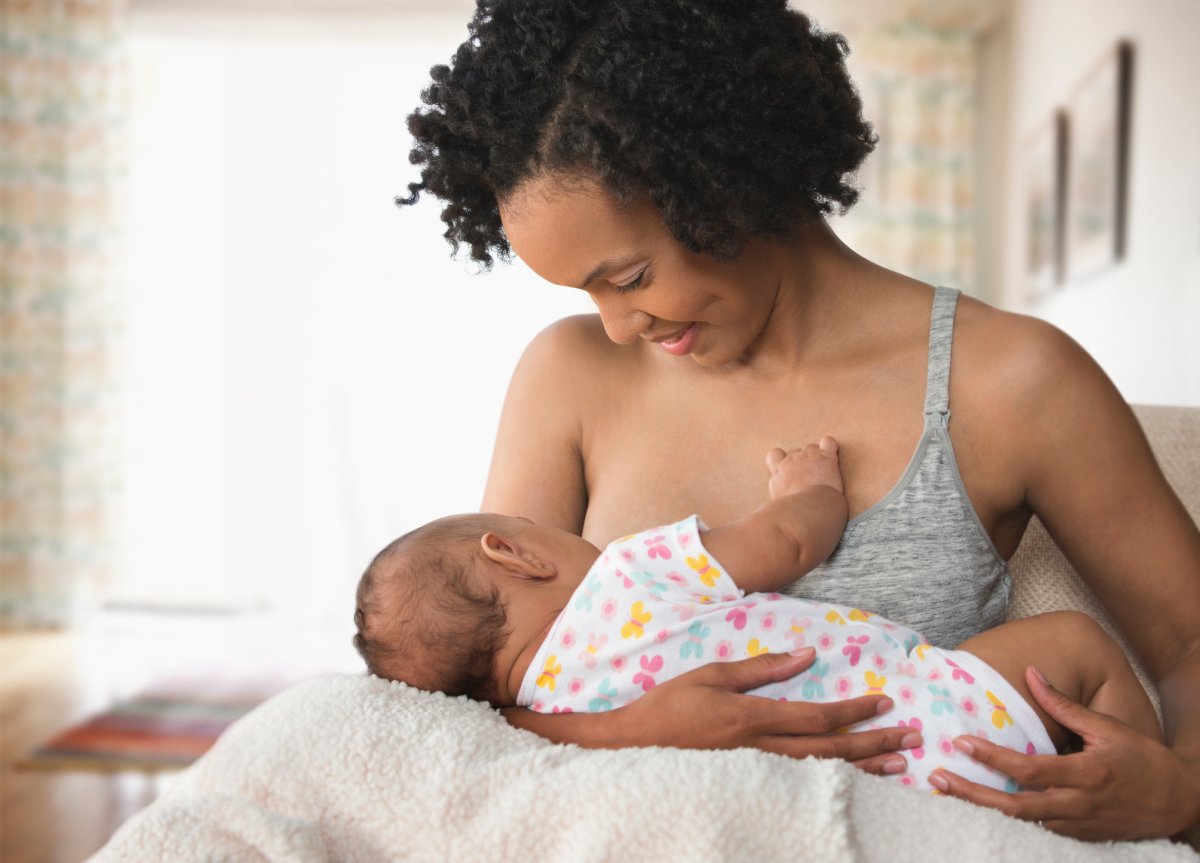Mothers who nurse their babies now have another reason to continue as long as they can: longer periods of breastfeeding are associated with a lower risk of diabetes even decades later, a U.S. study suggests.

Pediatricians recommend that mothers exclusively breastfeed infants until they’re at least six months old because it can reduce babies’ risk of ear and respiratory infections, sudden infant death syndrome, allergies, obesity and diabetes. Mothers are advised to continue breastfeeding for at least one year, a practice that previous research has linked to a lower risk of depression, obesity, and certain cancers.
For the current study, researchers examined data on 1,238 mothers without diabetes at the outset. Over the next 25 years, 182 women developed diabetes.
Compared to women who didn’t breastfeed at all, mothers who nursed babies for at least six months were 48 percent less likely to develop diabetes.
“There could be greater health benefits for women from breastfeeding than previously recognized,” said lead study author Erica Gunderson of the Kaiser Permanente Division of Research in Oakland, California.
WATCH: How do you know when it’s time to stop breastfeeding?

All of the women had at least one baby during the study, and most of them did breastfeed.
Overall, 418 mothers, or 34 percent, nursed infants for up to six months. Another 268 women, or 22 percent, breastfed for six to 12 months, and 230 mothers, or 19 percent, nursed their babies for a year or more.
Among women who didn’t breastfeed at all, 10 of every 1,000 typically developed diabetes each year, the study found.
That dropped to fewer than 7 cases for every 1,000 people each year for women who nursed babies for up to six months, and fewer than 5 cases for women who nursed up to one year and fewer than 4 cases for mothers who breastfeed for longer.
- ‘She gets to be 10’: Ontario child’s heart donated to girl the same age
- Bird flu risk to humans an ‘enormous concern,’ WHO says. Here’s what to know
- Shoppers faces proposed class action over claims company is ‘abusive’ to pharmacists
- ‘Bacterial vampirism’: Deadly pathogens attracted to human blood, study finds
A diabetes diagnosis after pregnancy was much more common among women who developed a version of the condition known as gestational diabetes while they were pregnant.
But longer periods of breastfeeding were still associated with a lower risk of diabetes later on, even for women who did experience gestational diabetes, researchers report in JAMA Internal Medicine.
The study wasn’t a controlled experiment designed to prove whether or how breastfeeding duration might impact the odds of developing diabetes. Researchers also lacked data on how long women may have breastfed exclusively or supplemented with formula or baby foods.
“When an infant consumes formula or food they take in less breast milk than if they were consuming breast milk alone,” said Jennifer Yourkavitch, a researcher at the University of North Carolina, Chapel Hill, who wasn’t involved in the study.
“A mother’s supply of milk will adjust to meet the diminished demand,” Yourkavitch said by email. “If early weaning leads to a shorter breastfeeding period, then that, according to this paper, could increase one’s risk of developing diabetes.”
Even women who can’t breastfeed or choose not to can still take steps to lower their risk of diabetes, noted Yukiko Washio, a researcher at the University of Delaware who wasn’t involved in the study.
“They can still work on losing weight via lifestyle modifications and increasing physical activity as a prevention strategy,” Washio said by email.
For women who can nurse and want to do this, longer paid maternity leave and health benefits that include lactation support and supplies can help them succeed and may translate into a lower diabetes risk down the line, said Dr. Lori Feldman-Winter, a researcher at Cooper Medical School of Rowan University in Camden, New Jersey.
“If a woman has one child and breastfeeds for longer than 6 months, or has two children and breastfeeds both for a combined duration of greater than 6 months, the protection is the same,” Feldman-Winter, who wasn’t involved in the study, said by email.
“This is major news,” Feldman-Winter added.








Comments